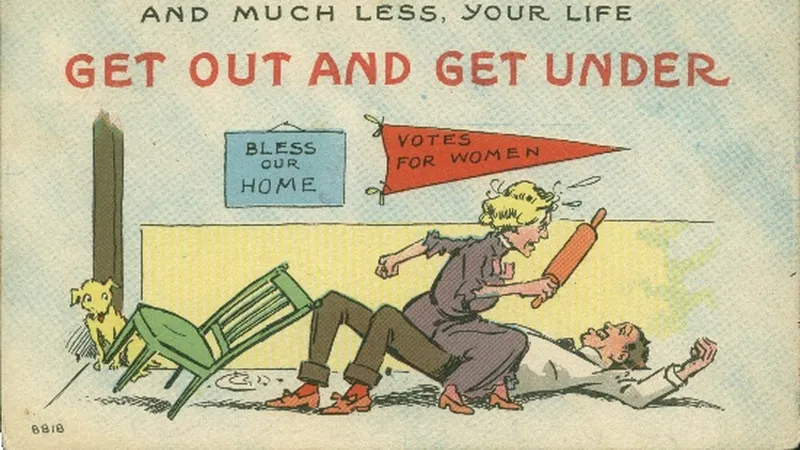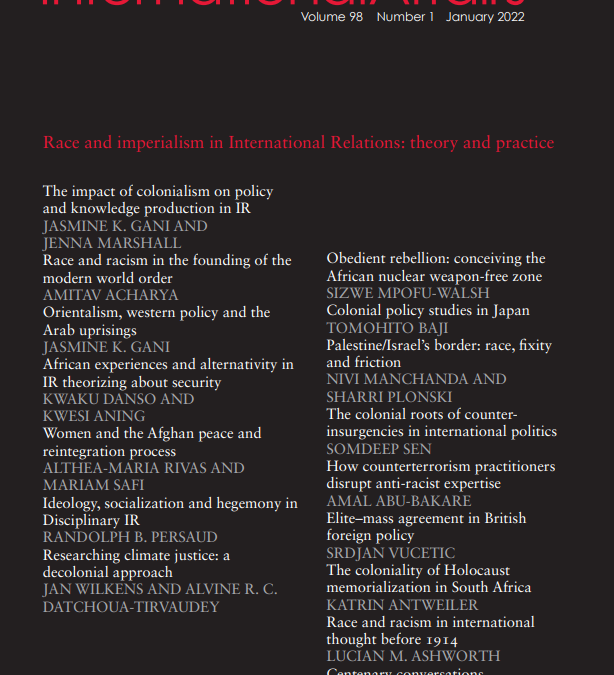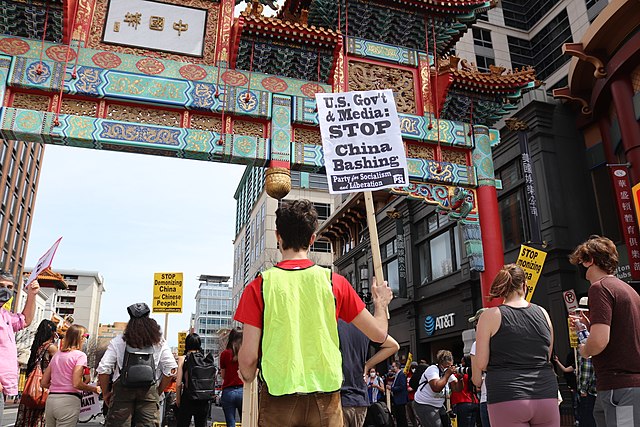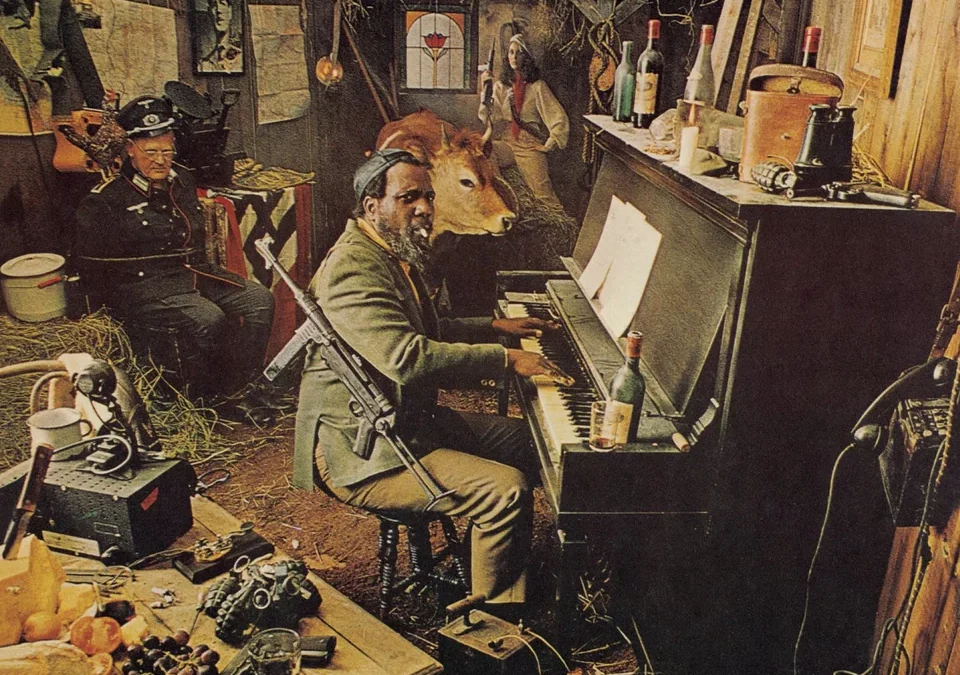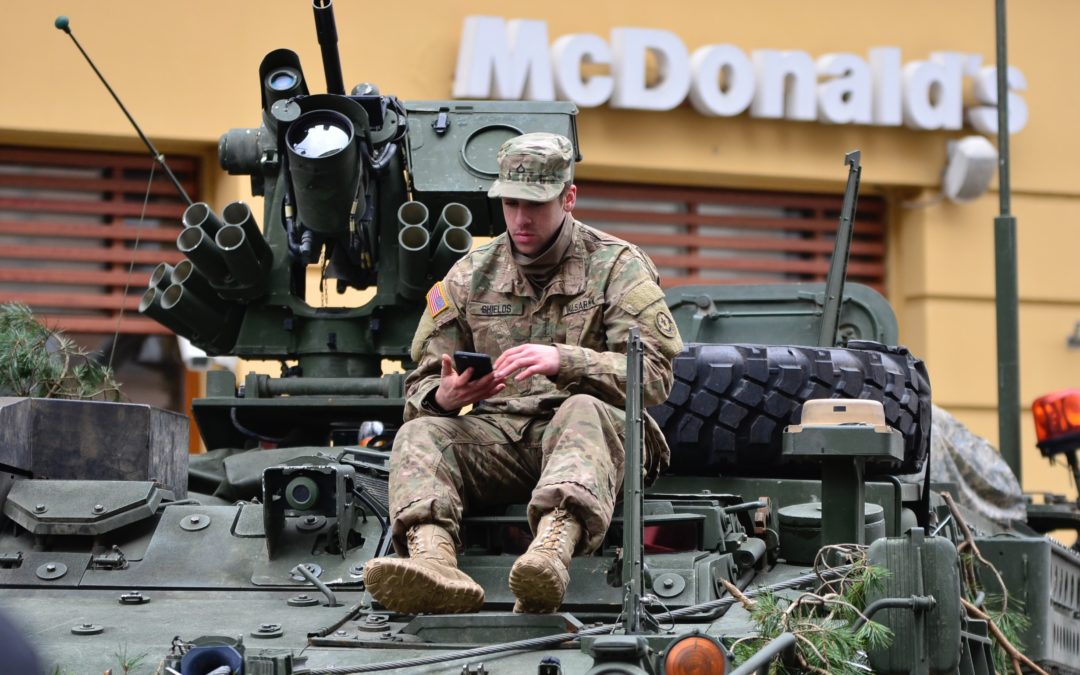Ah, the avalanche of racism and misogyny that came after the Kamala Harris announcement. The “Kamala is not really black” narrative has been dissected by Adam Serwer in great detail. Spoiler alert: all of these “DEI” discussions are inherently racist and white...
